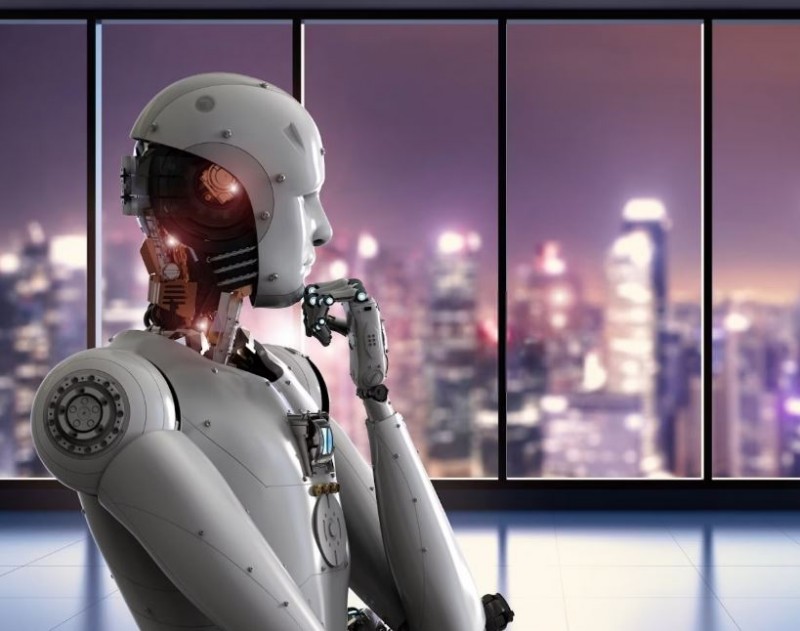
Artificial intelligence (AI) and automation have become increasingly prevalent in various aspects of our lives, raising important ethical considerations. As these technologies continue to advance, it is crucial to examine the ethical implications they pose and establish guidelines to ensure their responsible and beneficial use.
One fundamental ethical concern is the potential impact of AI and automation on employment and human welfare. While these technologies can improve efficiency and productivity, they also have the potential to automate jobs and displace human workers. This raises questions about the responsibility of society and organizations to retrain and provide alternative opportunities for those affected by automation. It is essential to address these concerns by implementing policies that promote reskilling, upskilling, and job creation to mitigate potential negative social and economic consequences.
Another significant ethical consideration is the potential for AI systems to perpetuate or amplify existing biases and inequalities. Since AI algorithms are trained on existing data, they can inherit and perpetuate the biases present in that data. This can lead to discriminatory outcomes in areas such as hiring, criminal justice, and loan approvals. It is crucial to ensure that AI systems are designed with fairness, transparency, and accountability in mind. This involves careful data selection, algorithmic transparency, and ongoing monitoring to detect and mitigate biases.
Privacy and data security are additional ethical concerns in the realm of AI and automation. As these technologies rely on vast amounts of data, there is a risk of personal information being misused or compromised. Organizations must prioritize the protection of user data and establish robust security measures to prevent unauthorized access. Additionally, transparency regarding data collection and usage should be emphasized, allowing individuals to make informed decisions about their privacy.
The ethical implications of AI and automation extend to issues of autonomy and decision-making. Autonomous systems, such as self-driving cars or AI-powered medical diagnosis tools, must be programmed to make ethical choices in ambiguous situations. Determining how these decisions should be made, particularly in scenarios involving potential harm to humans, raises complex ethical dilemmas. Creating frameworks for responsible decision-making in AI systems, involving input from various stakeholders, is necessary to ensure the protection of human well-being.
Furthermore, the potential impact of AI on social dynamics and human interaction should not be overlooked. As AI systems become more sophisticated, they may be capable of mimicking human behavior and emotions. This raises questions about the ethical implications of creating AI entities that can deceive or manipulate individuals. Establishing guidelines and regulations regarding the design and use of AI systems in social contexts can help address these concerns and prevent misuse.
In conclusion, the ethics of artificial intelligence and automation are multifaceted and require careful consideration. It is essential to address issues related to employment, bias, privacy, autonomy, and social dynamics to ensure the responsible and beneficial deployment of these technologies. Establishing ethical frameworks, involving interdisciplinary collaboration and ongoing evaluation, can help guide the development and use of AI and automation in a manner that aligns with societal values and promotes human well-being.
July 2023 Supermoon: The Buck Moon Illuminates the Night Sky